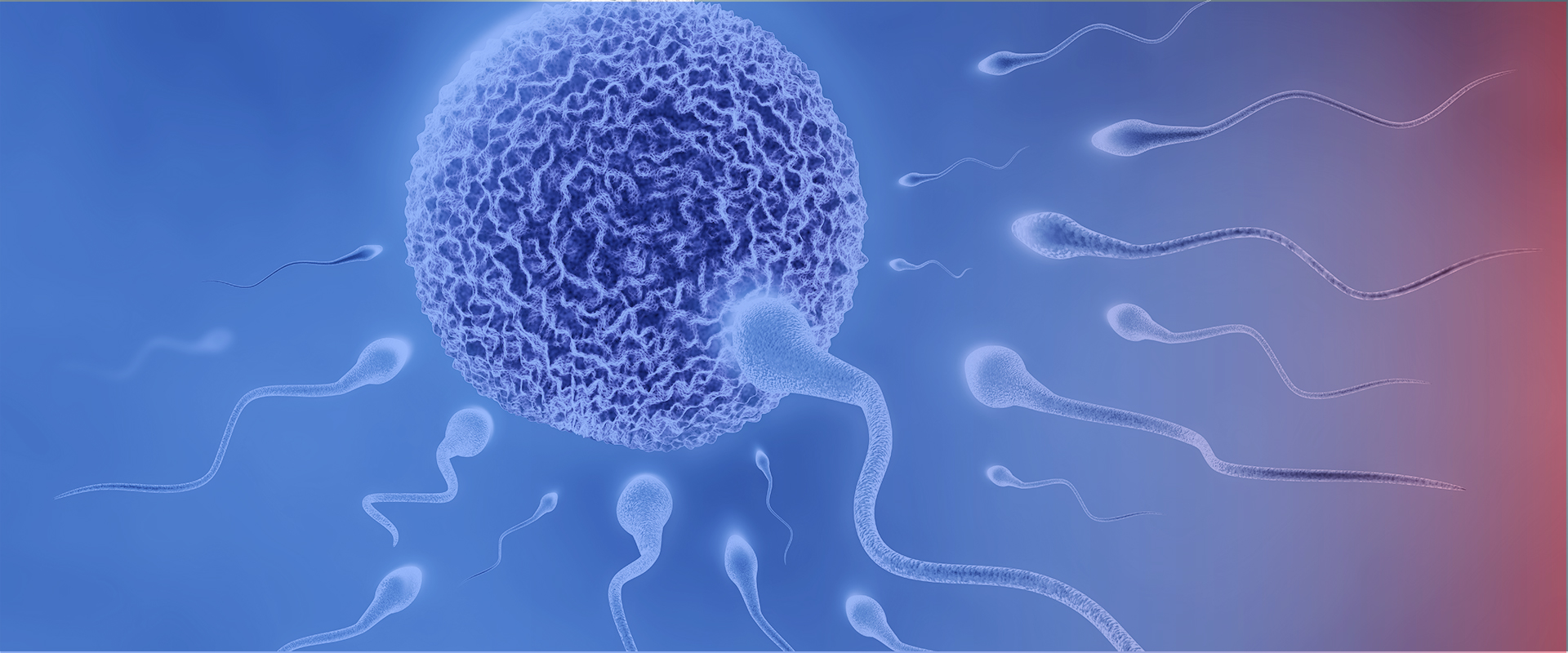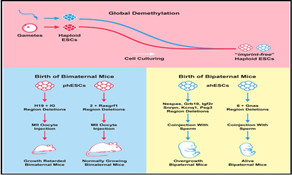
Study in stem cell and cell cycle regulation
Date:2020-05-06 [close]
How do the DNA sequences evolve into various functional genomes to support the diverse lives on the earth? Are there any principles that can guide us to reassemble a functional gene, or even a genome, to create new functions? Driven by these old yet unresolved questions, the long-term goal of my research is to understand the genetic basis of certain reproduction- and regeneration-related functions/phenotypes, and to reconstitute such phenotype/function in a given cell or organism for research and therapeutic purposes. The research projects in my laboratory have currently focused on three aspects:
1. Dissection of genetic and epigenetic basis of reproduction and regeneration. We employ multiple approaches, such as genomics, biochemistry and gene knockout animal models, to study the regulation and function of the candidate genes and epigenetic modifications that may be play important roles in meiosis, gametogenesis and development. We are also very interested in combining the comparative genomics and gene editing approaches to dissect the genetic basis of phenotypic differences across species.
2. Development of cutting-edge genetic techniques. We are aiming to improve the current genome manipulation technologies, and to develop new technologies. We are also interested in developing mammalian synthetic biology, such as synthesis or semi-synthesis of functional mammalian chromosomes to exert new functions in mammalian cells.
3. Clinical application of gene therapy. In collaboration with hospitals, we are developing gene therapy treatment for several single-gene genetic diseases.

Selected publications:(# co-first author; * corresponding author)
1. Zhang W#, Wan H#, Feng G#, Qu J#, Wang J, Jing Y, Ren R, Liu Z, Zhang L, Chen Z, Wang S, Zhao Y, Wang Z, Yuan Y, Zhou Q, Li W*, Liu G*, Hu B*. (2018). SIRT6 deficiency results in developmental retardation in cynomolgus monkeys. Nature. 560(7720):661-665.
2. Wang X#, Li T#, Cui T#, Yu D#, Liu C#, Jiang L, Feng G, Wang L, Fu R, Zhang X, Hao J, Wang Y, Wang L, Zhou Q*, Li W*, Hu B*. (2018). Human embryonic stem cells contribute to embryonic and extraembryonic lineages in mouse embryos upon inhibition of apoptosis. Cell Research. 28(1):126-129.
3. Xu K#, Yang Y#, Feng GH#, Sun BF#, Chen JQ#, Li YF, Chen YS, Zhang XX, Wang CX, Jiang LY, Liu C, Zhang ZY, Wang XJ, Zhou Q*, Yang YG*, Li W*. (2017). Mettl3-mediated m6A regulates spermatogonial differentiation and meiosis initiation. Cell Research. 27(9):1100-1114.
4. Li X#, Cui XL#, Wang JQ#, Wang YK, Li YF, Wang LY, Wan HF, Li TD, Feng GH, Shuai L, Li ZK, Gu Q, Hao J, Wang L, Zhao XY, Liu ZH, Wang XJ, Li W*, Zhou Q*. (2016). Generation and Application of Mouse-Rat Allodiploid Embryonic Stem Cells. Cell. 164(1-2):279-292.